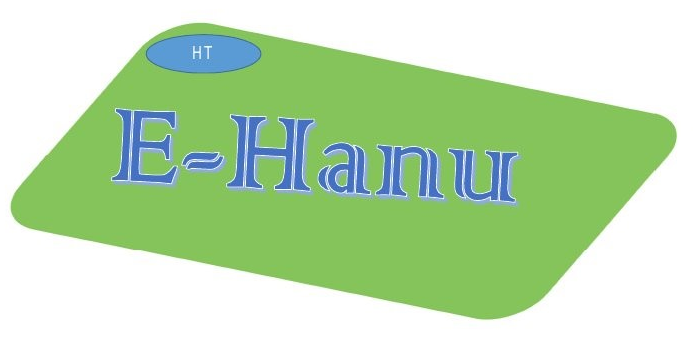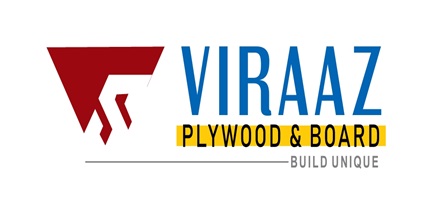Mortgage Report
CA, CS, Accountant, Transfer Pricing, Legal Report, Title Search Report, Crypto Currency, Property Registration, Restructuring, GST, Fintech Services
3000 +
Happy clients
300 +
Advocate, CA, CS
10 +
Associates Offices
Request A Call Back
Mortgage Report
Mortgage is defined under Transfer of Property Act, 1882. Section 58(a) of the Transfer of Property Act, 1882 deals with the mortgage of immovable property in India. Mortgage is the transfer of an interest in an immovable property for the purpose of securing a loan or the performance of an engagement. To move forward in the mortgage process, the lender will formally evaluate you through a process called underwriting. The goal is to assess your ability to repay the money you borrow. Doing so requires a check of your credit score, income, assets and past and current debts.

There are 6 (six) kinds of Mortgages which are detailed as under:
1. Simple Mortgage:It has below characteristics:-
i) That the mortgagor must have bound himself personally to repay the loan
ii) That to secure the loan he has transferred to the mortgagee the right to have the specific immovable property sold in the event of his having failed to repay
iii) That the possession of the property is not delivered to the lender.
2. Mortgage by Conditional Sale:It’s defined as a situation, where the mortgagor ostensibly sells the mortgaged property –
i) on the condition that on default of payment of the mortgage money (loan) on a certain date the sale shall become absolute or
ii) on condition that on such payment being made the sale shall become void or,
iii) on the condition that in such payment being made the buyer shall transfer the property to the seller,
PROVIDED that no such transaction shall be deemed to be a mortgage, unless the condition is embodied in the document which affects or purports to affect the sale?
This kind of mortgage came into vogue in India during Muslim rule and was given legal recognition in the Bengal Regulation Act, 1978.
3. Unsufructuary Mortgage:It has below characteristics:-
i) That the possession of the property is delivered to the mortgagee;
ii) That the mortgagee is to get rents and profits in lieu of the interest or principal or both;
iii) That no personal liability is incurred by the mortgagor and
iv) The mortgagee cannot foreclose or sue for sale.
v) That no time limit can be fixed expressly during which the mortgage is to subsist.
(This is not prevalent in India)
4. English Mortgage: It has below characteristics:-
i) That the mortgagor should bind himself to repay the mortgage money/loan on a certain day;
ii) That the mortgaged property should be transferred absolutely to the mortgagee ; and
iii) That such absolute transfer should be made subject to a proviso that the mortgagee will recover the property to the mortgagor, upon the payment by him of the mortgage money on the appointed day
The difference between the mortgage by conditional sale and English mortgage is that in English mortgage, the mortgagor binds him personally to repay the money.
5. Mortgage by Deposit of Title Deeds:
- Mortgage by Deposit of Title Deeds:
In England and popularly in India, this mortgage is called the equitable mortgage. Under the definition under Section 58 (f) of Transfer of Property Act, 1882, the essential requisites of such mortgage are:
i) a debt should be there
ii) deposit of the title deed with the lender (most essential)
iii) said deposit is with intention that the said title deed shall be security for the debt.
Section 96 of the Transfer of Property Act, 1882 places mortgages by deposit of title deeds on the same footings as simple mortgages. As such, the security can, like a simple mortgage can be enforced by a suit for sale of mortgaged property, of course, by the process of the law. And this kind of mortgage does not require registration and is at par with any other legal mortgage.
6. Anamolous Mortgage:
A mortgage which is not a simple mortgage, a mortgage by conditional sale, an usufructuary, an English mortgage or a mortgage by deposit of title deeds within the meaning of Section 58 of Transfer of Property Act is an Anomalous mortgage















































